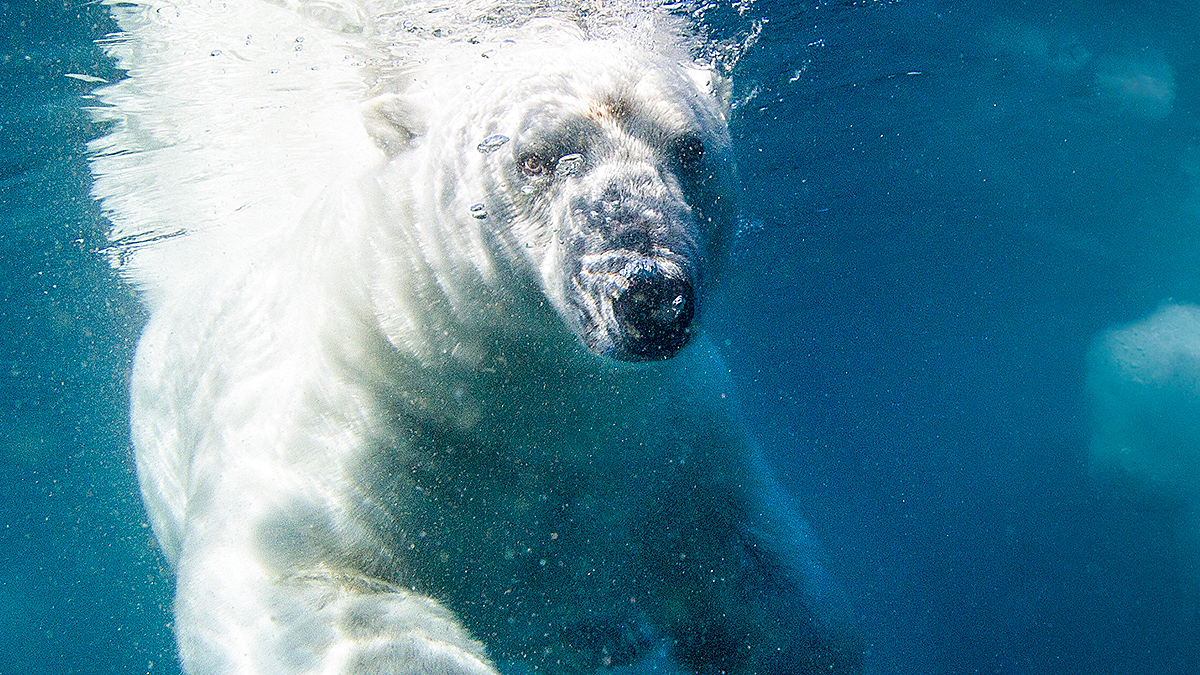
Photo by Paul Souders/Worldfoto
The images are hard to look at. Vibrant coral reefs reduced to ghostly white graveyards. Polar bears gazing across open water instead of ice. Then there are the human and financial tolls: crop failure, health consequences, extreme weather.
In Alberta alone, extreme weather events have hit hard this decade. The Calgary-and-area flood of 2013 cost more than $6 billion and left five dead. The Slave Lake wildfires in 2011 burned more than a third of the town and caused more than $700 million in damage; three weeks later, torrential rains caused flooding in the area.
The costs of climate change are immense, and we can only expect them to intensify. But what does that mean for humans and how can we plan for it? And just how grim is the prognosis?
While we don't have a crystal ball, we do have something a lot more reliable: decades of data collected across the globe. The researchers who have dedicated their careers to recording details of our changing natural world, down to the last temperature degree and centimetre of rainfall, have provided us with tools to better predict how climate change might affect humans. And perhaps more important, given the current rate of climate change, how humans can adapt to those changes that can't be halted.
The insights can come from some surprising places. What could we possibly have to learn from the collared pika, perched up in the mountains of the Yukon? Researchers often use the analogy of the "canary in the coal mine" to refer to these sorts of indicator species that can serve as an early warning of danger - animals especially sensitive to changes in their environment. Research indicates that pikas, polar bears, bees and corals are already responding to climate change, showing us the intense effects of a warming atmosphere. We are also learning that not all species will be able to adapt quickly enough to keep up with the current rate of climate change.
Our climate is changing faster than at any other time in the past 800,000 years, according to data collected by NASA. In the past, changes to the climate occurred much more slowly, taking about 5,000 years to warm five degrees, and this gave species enough time to adapt to their new realities. But human-induced climate change - whether caused by greenhouse gases or aerosols (minute particles in the atmosphere) or changes in land use - is pushing our world toward a tipping point where the changes are coming faster than plants and animals can adapt. Those that can't adapt must move to an ecosystem that will sustain them. Those that can't move or adapt will die.
"Reversing climate change is much more difficult than trying to stay on the right side [of it]." -David Hik
And, of course, every living thing (in fact, everything on the planet) is interconnected in innumerable and complex ways. Think of the food web: altering one link in the chain affects an array of species, including humans. So even if you don't care much about polar bears and pikas, climate change will affect your life, whether it's the food you eat, the job you have or the state of your health.
"There are thresholds, and once they are crossed you can't go back," says David Hik, a University of Alberta biologist. "Reversing climate change is much more difficult than trying to stay on the right side [of it].
"If you think there's been a humanitarian crisis with Syria, wait until the sea level rises a metre and forces hundreds of thousands of people around the world from their homes. These are the things that scare me."
Research is essential in the hunt for solutions - and it's not just scientists saying so.
"I think we really need to emphasize the importance of research," Todd Hirsch, '89 BA(Hons), chief economist with ATB Financial, told alumni at the Community Development, Climate Change and the Environment Workshop at the Banff Centre in February.
"We need to be looking for the next big idea, the future," Hirsch said. "We need to pioneer systems that people will come to us, to Alberta, for. There are roles that the university can play in developing new technologies."
The urgent need to address this issue is being recognized across the globe. At the December Paris climate conference, 195 countries, including Canada, adopted the first legally binding climate agreement to limit global warming to fewer than two Celsius degrees. The agreement comes into force in 2020.
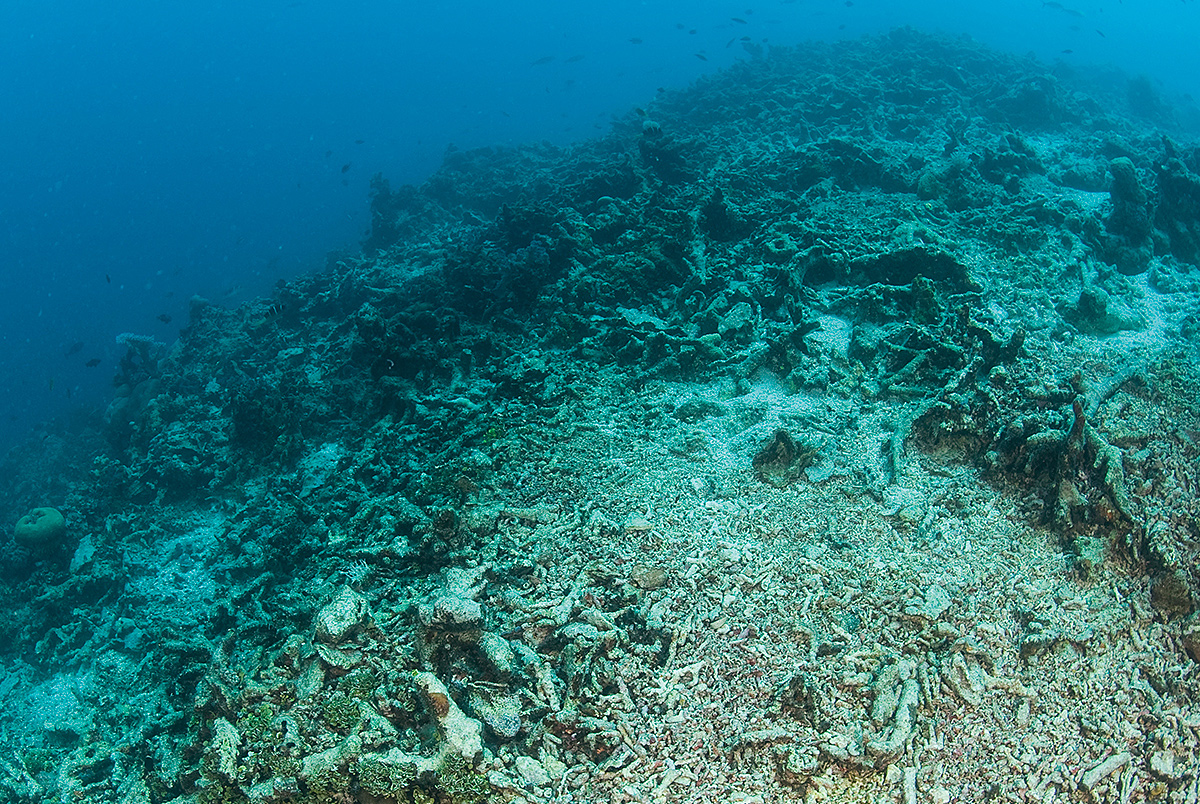
Photo by Jurgen Freund
While this series focuses on species-related research, the U of A is home to a wealth of research across diverse disciplines that will help humans change, adapt and manage. The university has 7,000 students enrolled in energy and environmental programs, a number anticipated to grow by nearly 15 per cent in the next four years. Research into ways to balance our need for energy with environmental stewardship is growing and gaining in prominence.
As with all other species, humans will be forced to adapt to changes in climate. Unlike other species, humans have an incredible ability to solve complex problems - to research, to create, to discover and invent. So, while the statistics can sometimes feel apocalyptic, there is hope, as long as we don't delay too long and are armed with the right information.
"It's not all bad news. There will be winners and losers in nature," says Richard Schneider, a research associate in the U of A Department of Biological Sciences. "We have to be flexible in our projections and plans - move with the flow as things change."
Hik concurs.
"I don't like to turn this into a doomsday thing. Some of the consequences of climate change are pretty severe, but if we accept these things and try to understand the consequences of these changes, we can make decisions now that will mitigate some of the worst effects."
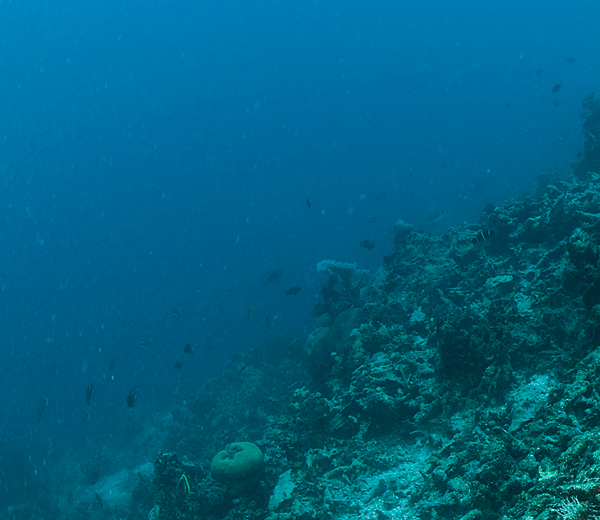
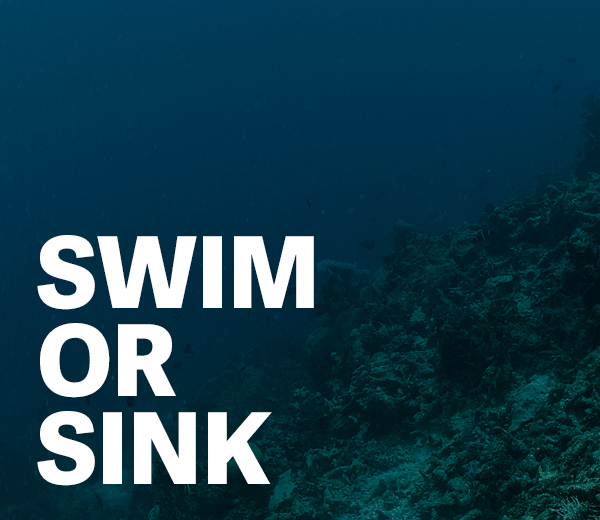
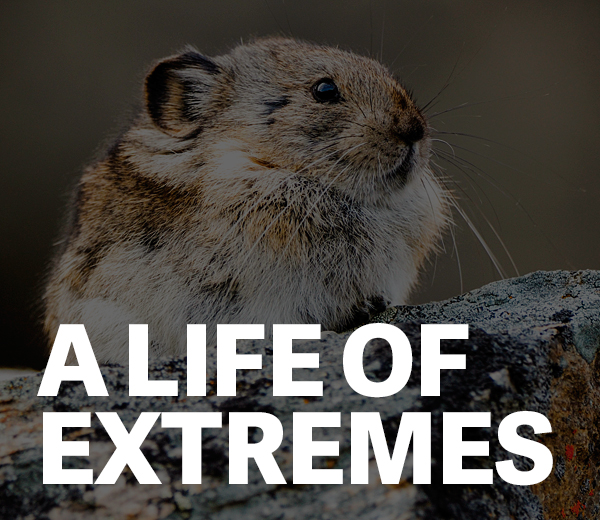
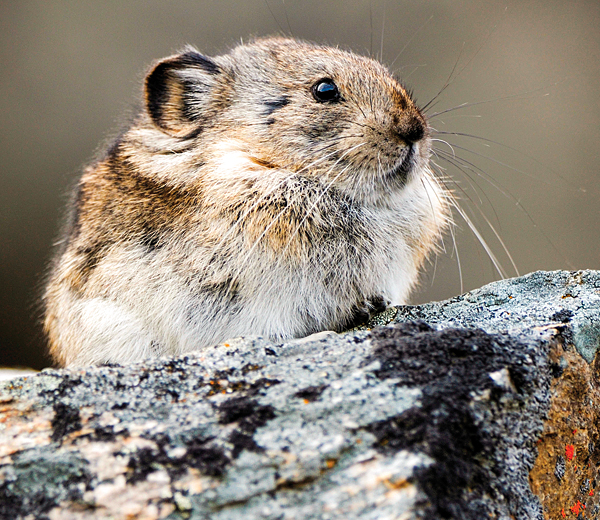

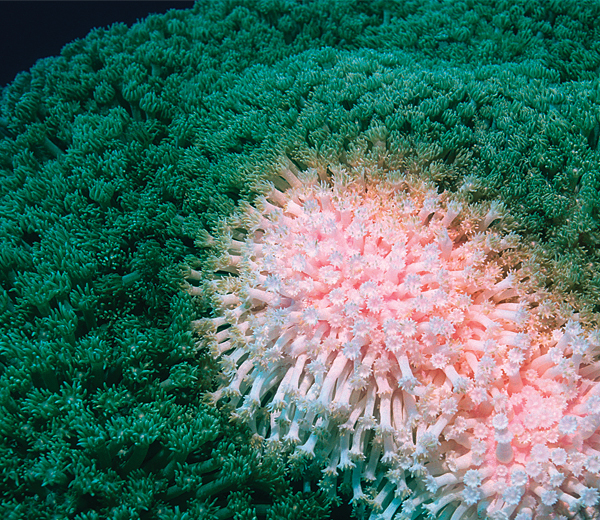
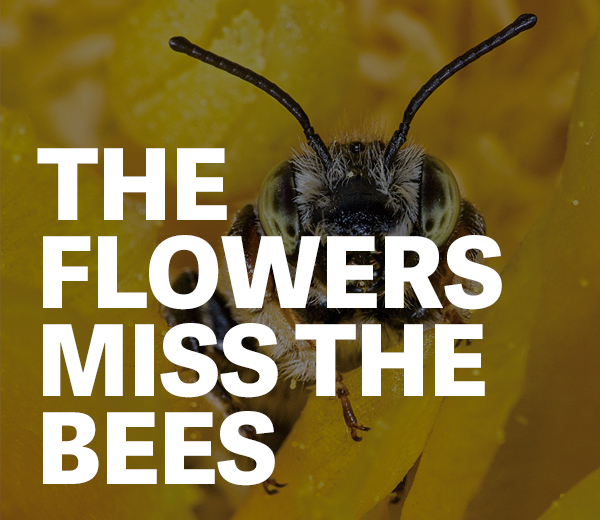
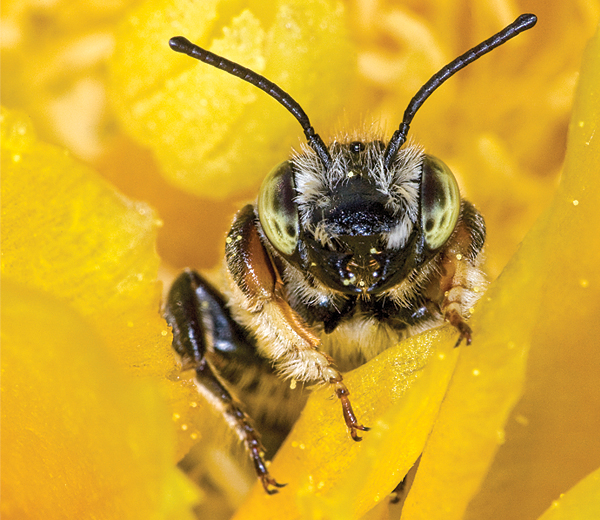
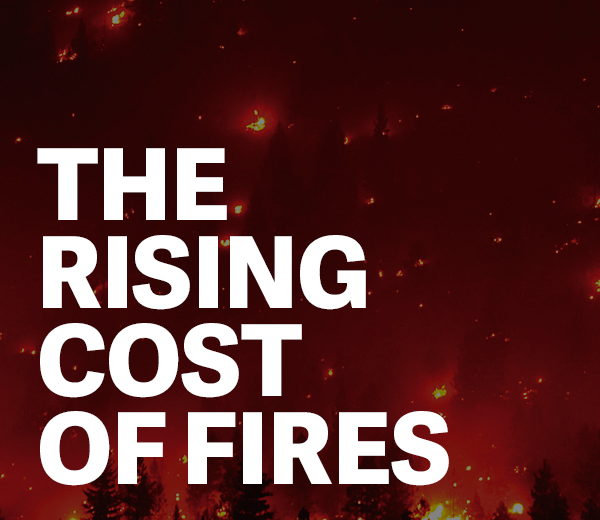
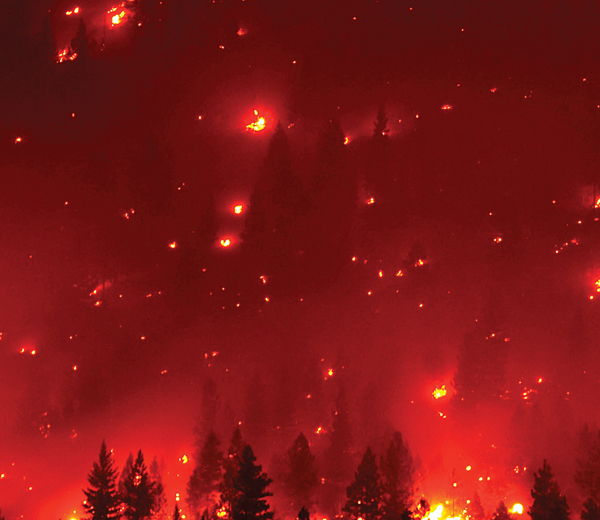
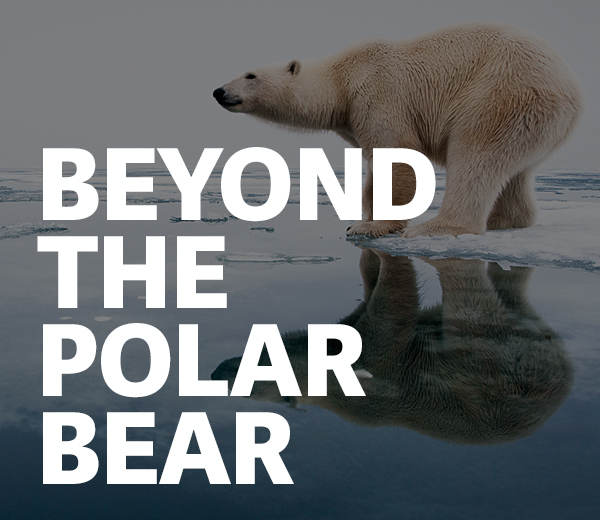
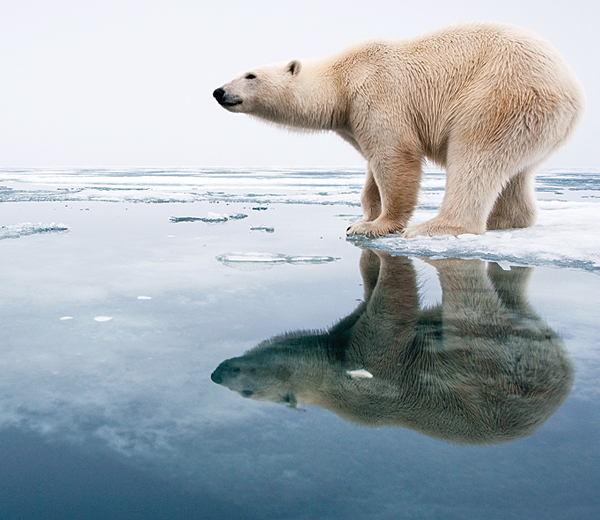
We at New Trail welcome your comments. Robust debate and criticism are encouraged, provided it is respectful. We reserve the right to reject comments, images or links that attack ethnicity, nationality, religion, gender or sexual orientation; that include offensive language, threats, spam; are fraudulent or defamatory; infringe on copyright or trademarks; and that just generally aren’t very nice. Discussion is monitored and violation of these guidelines will result in comments being disabled.